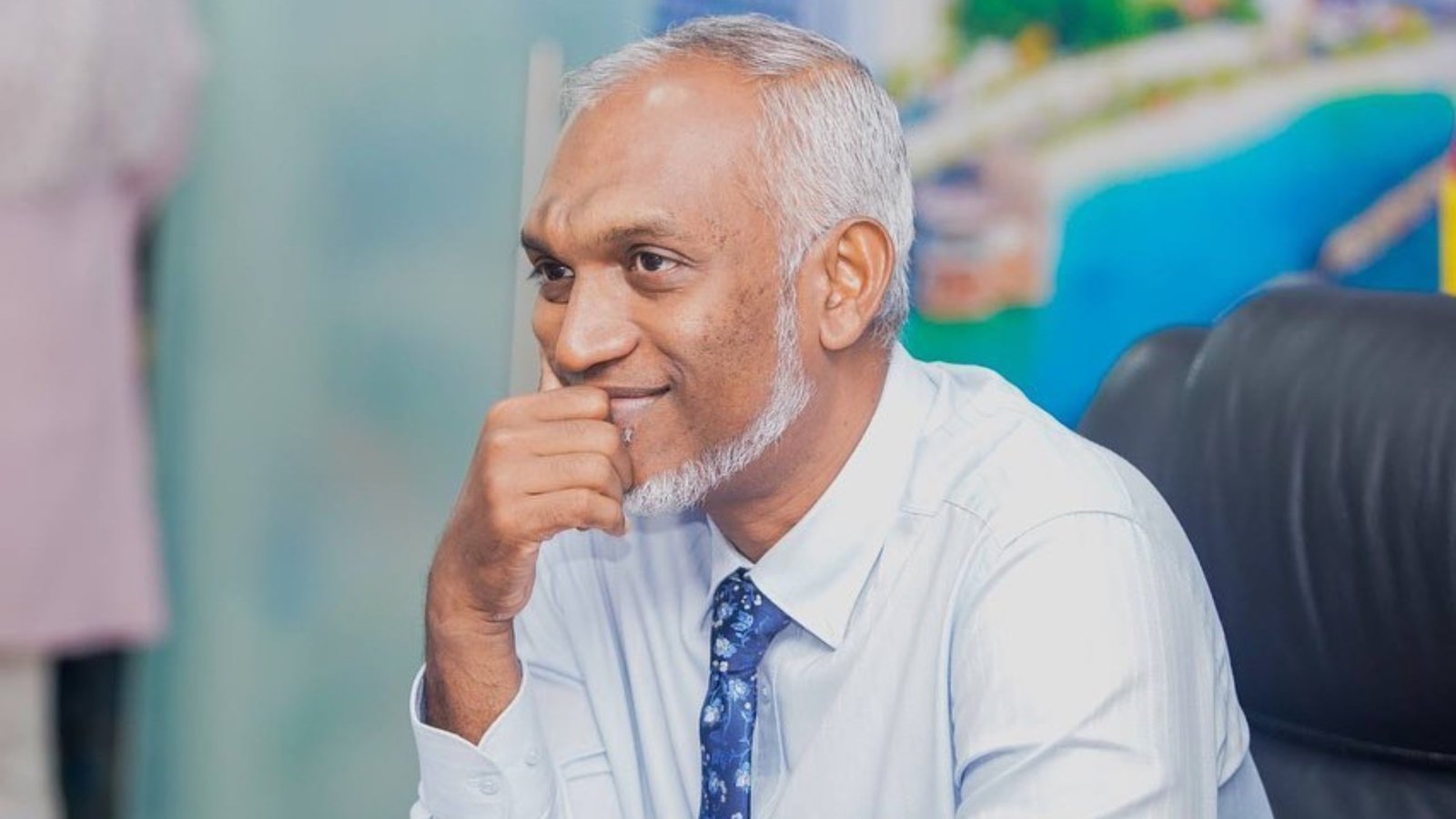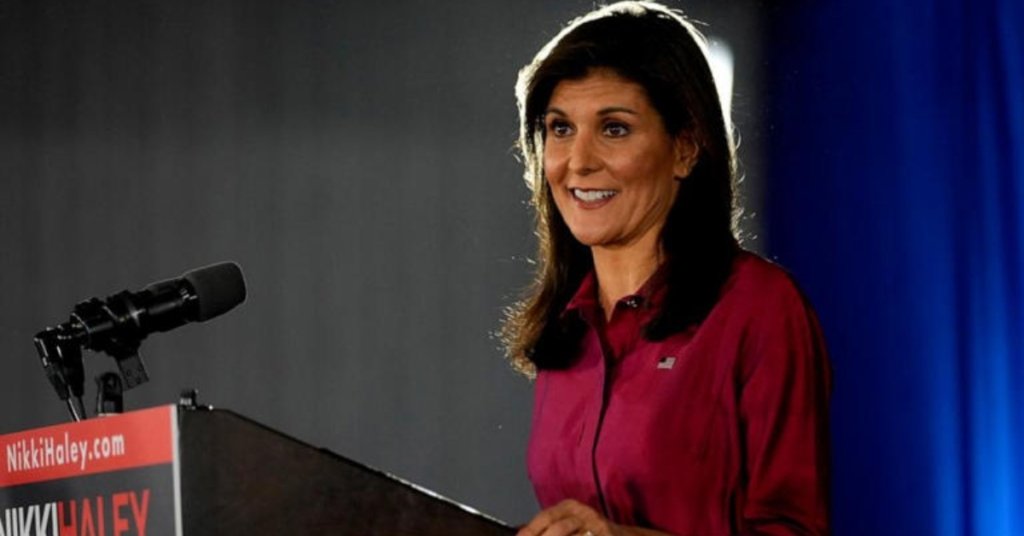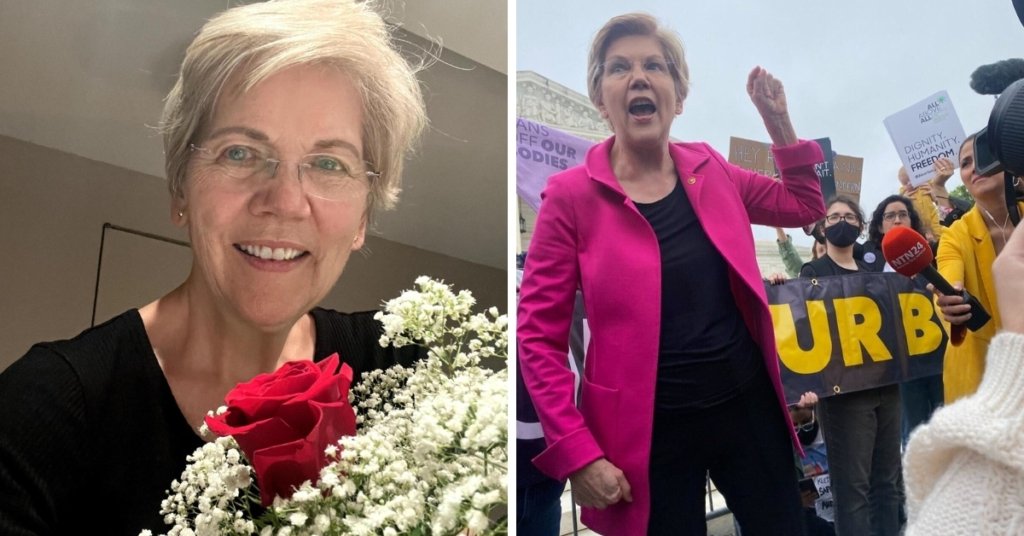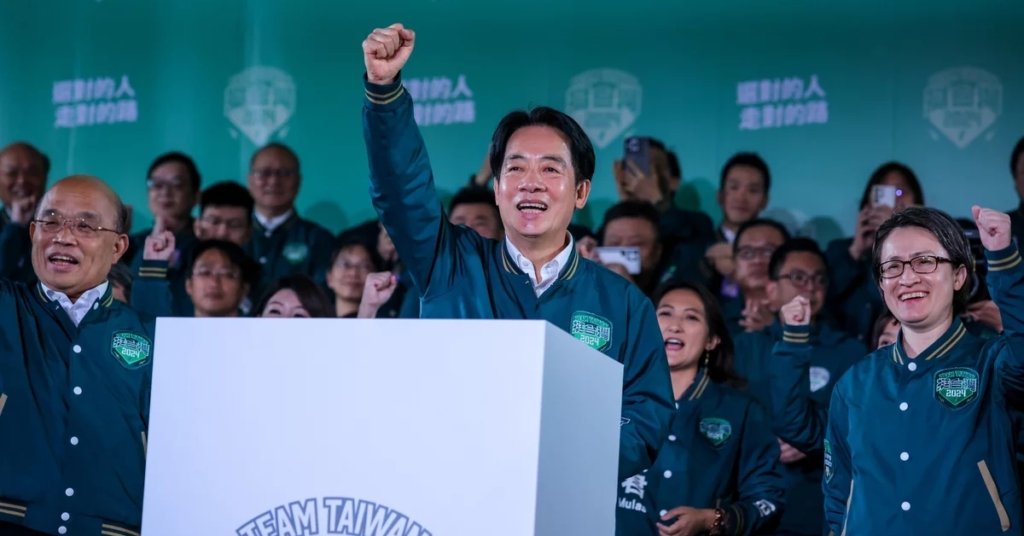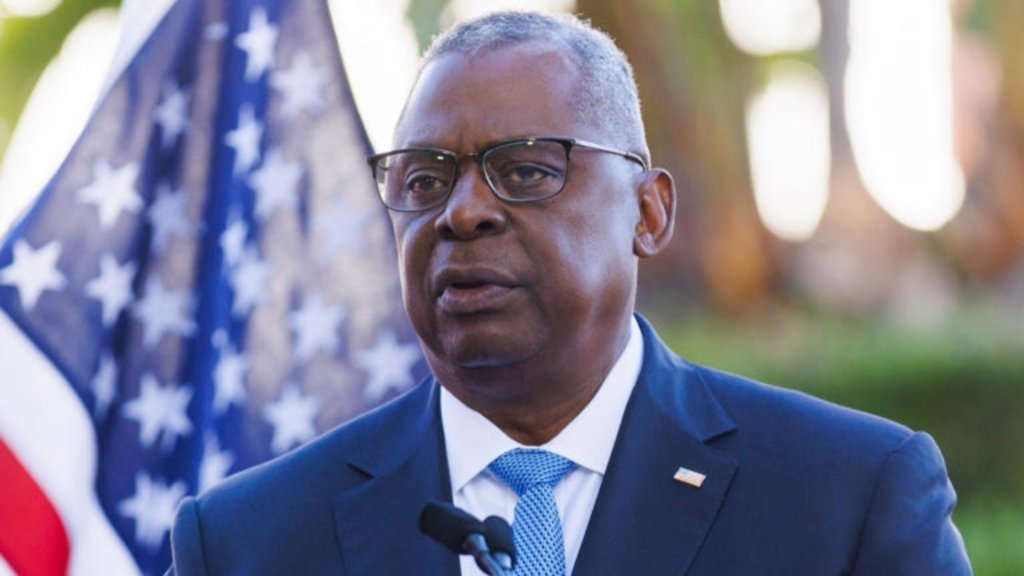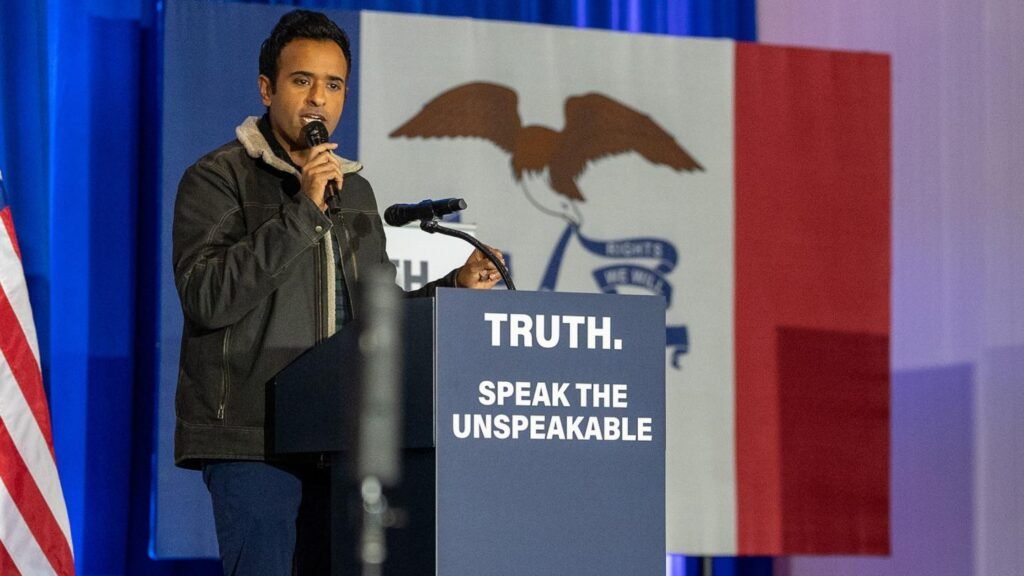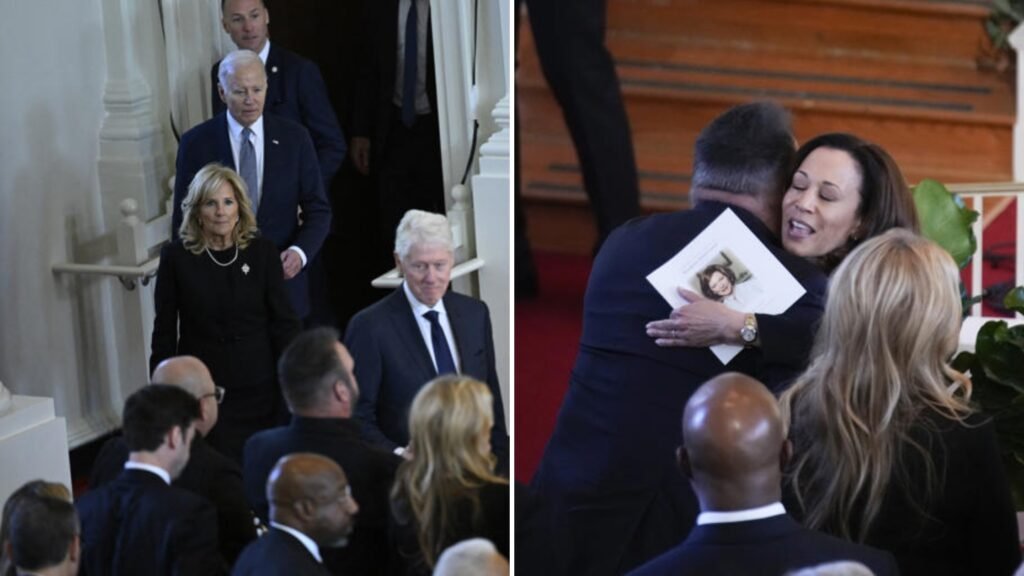Mohamed Muizzu wins Maldives’ presidential election, signaling a potential shift in diplomatic ties with India and China.
Table of Contents
Mohamed Muizzu
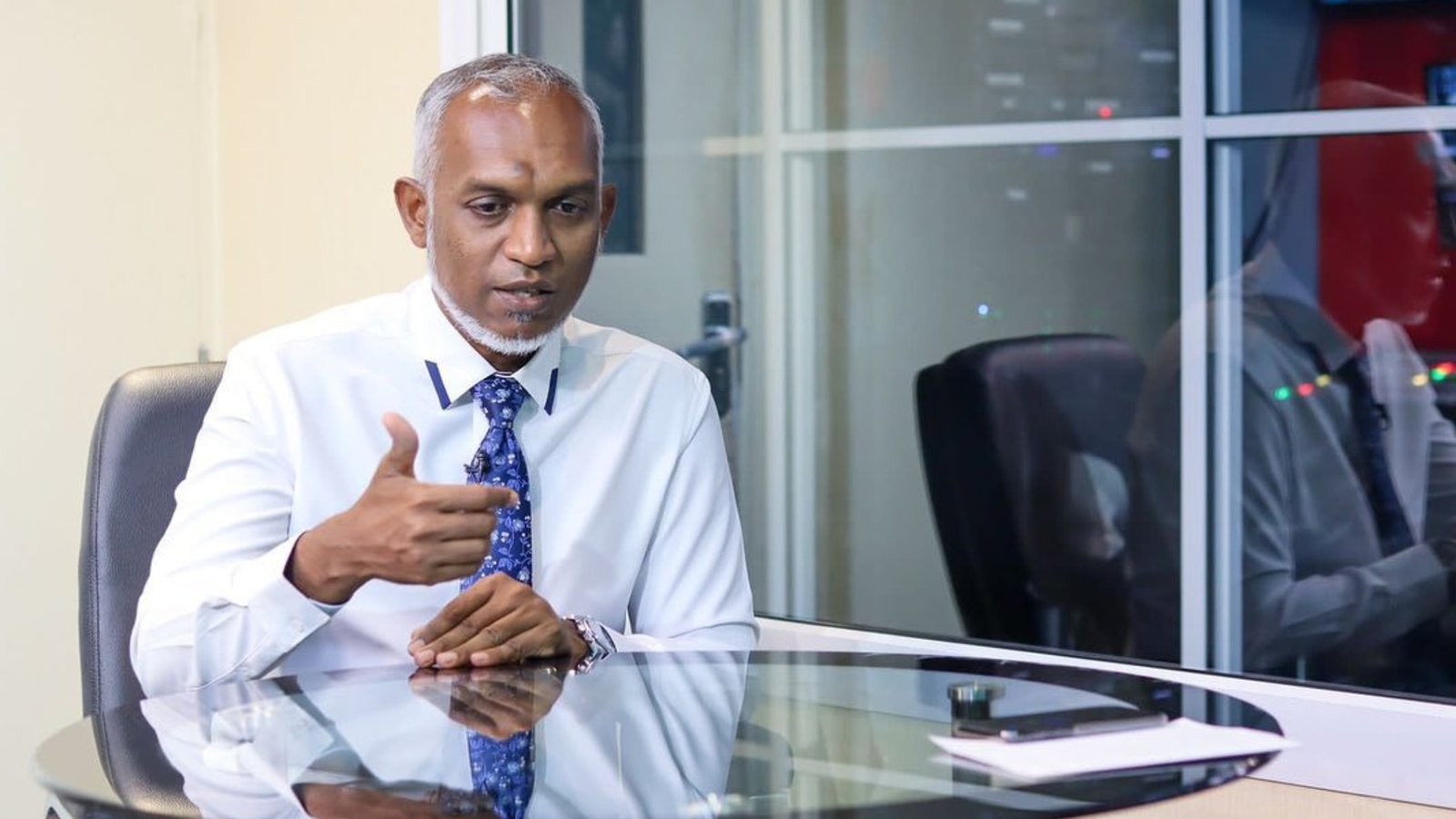
Malé, Maldives – In a significant turn of political events, Mohamed Muizzu, the opposition leader, emerged victorious in the Maldives’ presidential election, securing 54% of the total votes.
This shift signals a potential recalibration of the nation’s ties with India and China.
From Mayor to President-Elect
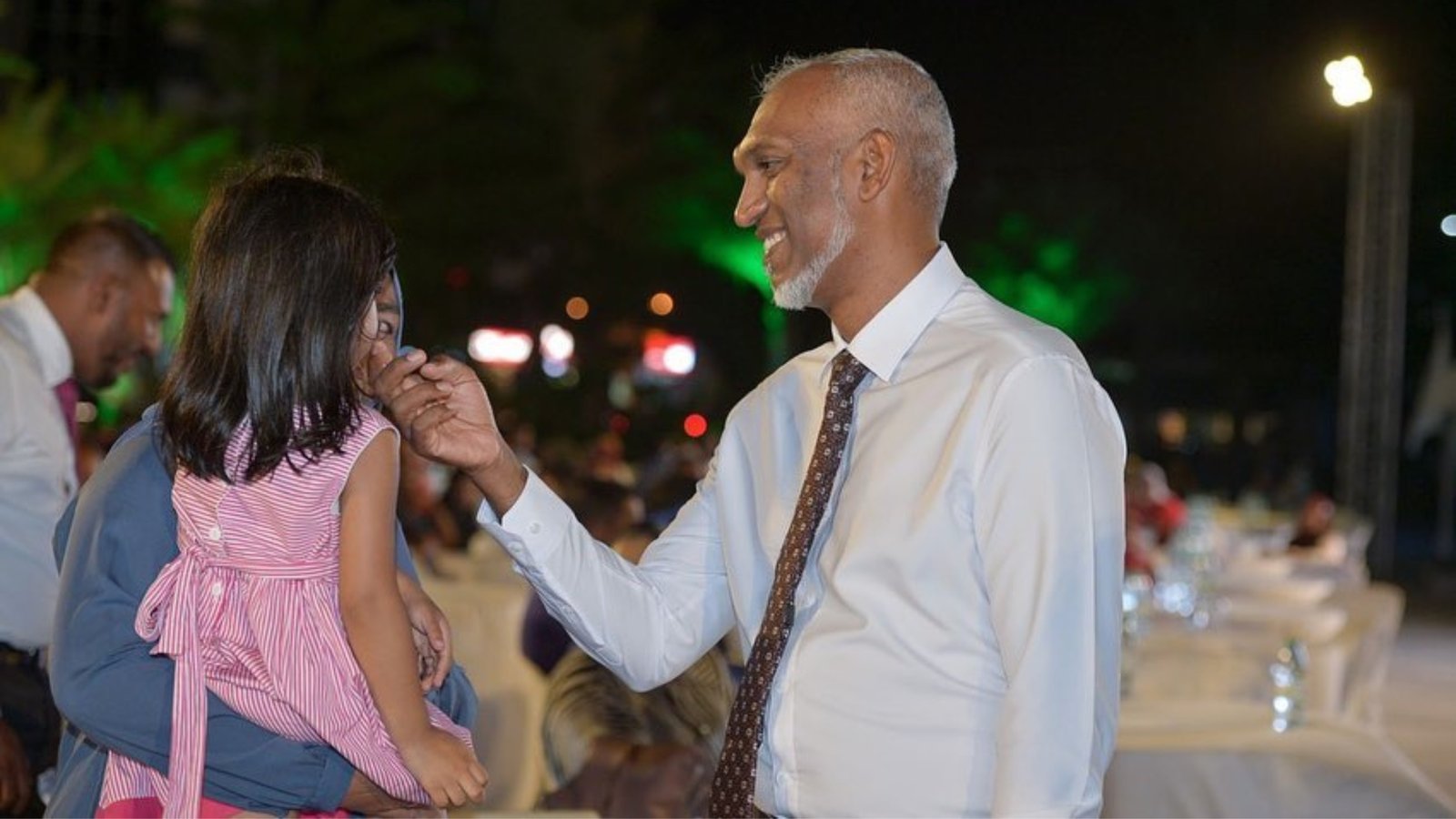
Previously known as the Mayor of Malé, the capital city, Muizzu’s ascent to the presidential nominee was unexpected.
A British-educated civil engineer, the 45-year-old had also served as a construction minister.
Under his leadership, several Chinese-funded infrastructure projects, including a vital $200m bridge, saw the light of day.
A Shift in Diplomatic Relations
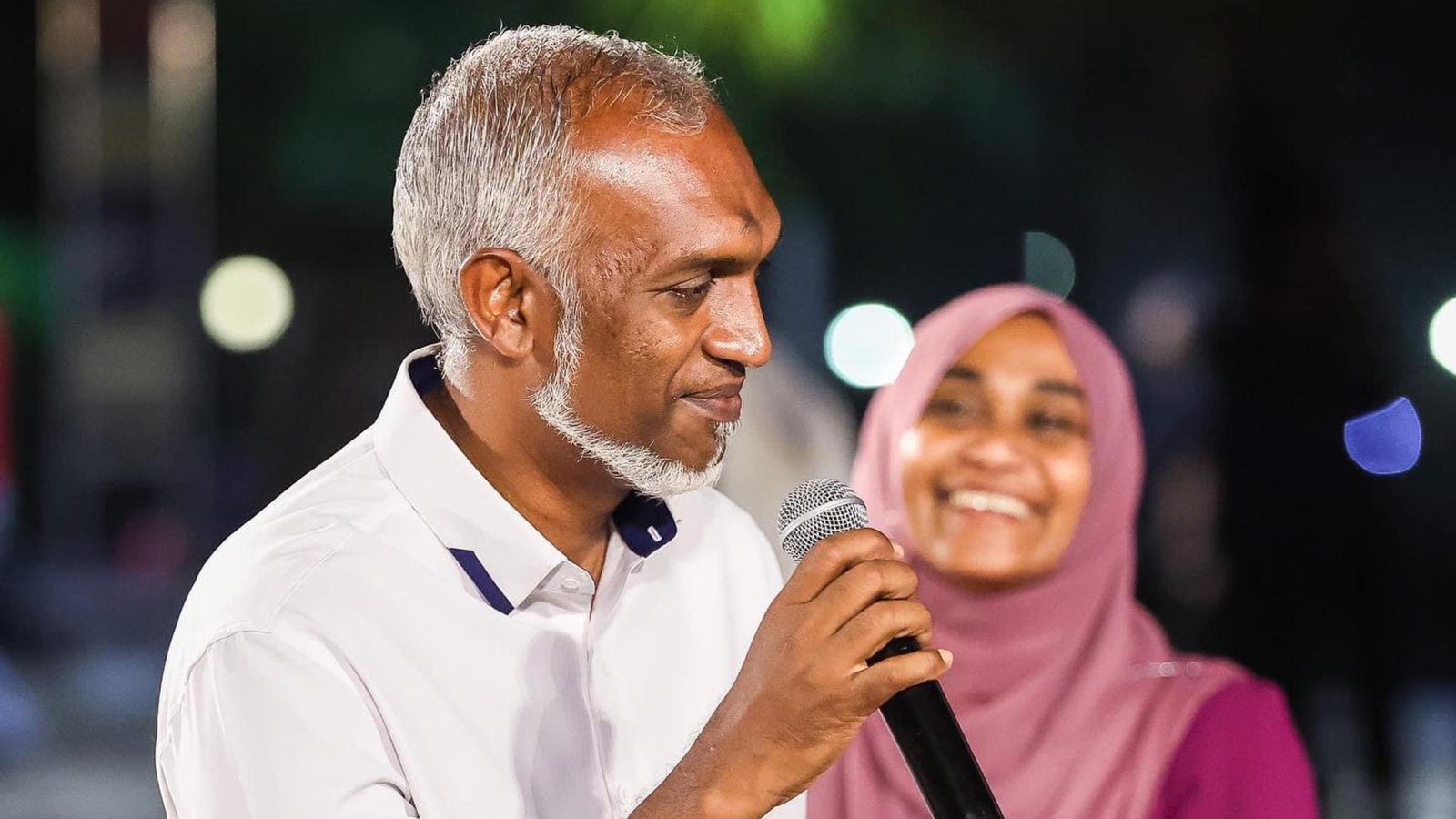
Muizzu’s victory might suggest a departure from the Maldives’ traditional close ties with India.
The president-elect is perceived as more sympathetic to China’s interests.
His past interactions, which include discussions with Chinese Communist Party officials, hinted at strengthening bilateral ties between the two nations.
However, analysts, including Al Jazeera’s Tony Cheng, suggest that Muizzu may face challenges in delivering on all his campaign promises, given India’s deep-rooted involvement in the Maldives’ economy and infrastructure.
A Legacy of Controversy
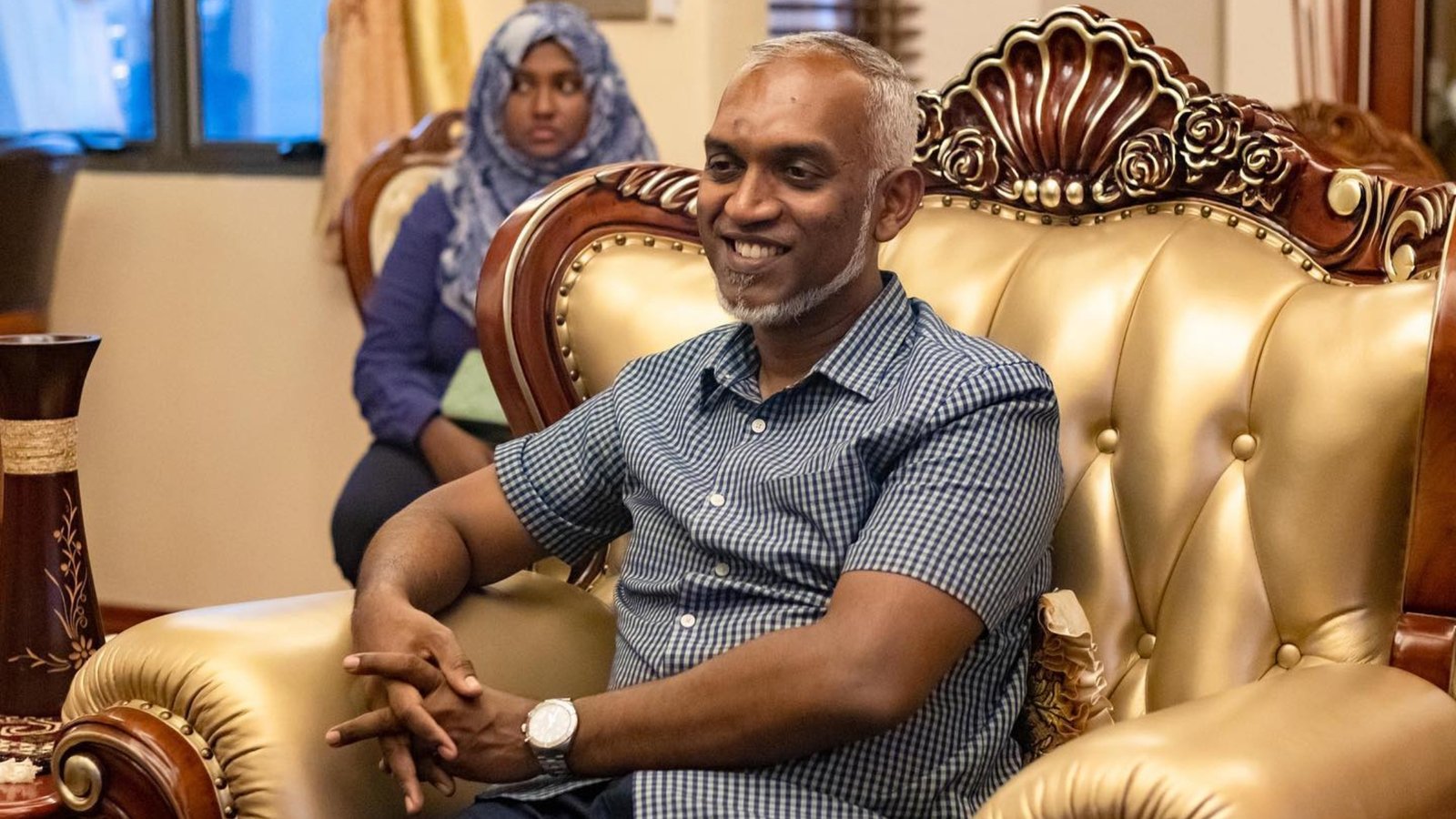
The backdrop of this election was mired in regional geopolitics and local controversies.
The previous president, Ibrahim Mohamed Solih, had worked towards strengthening ties with India, a move seen as a response to the alleged Chinese debt-trap diplomacy initiated under the governance of Abdulla Yameen, Muizzu’s mentor.
Solih’s election in 2018 was a reaction to Yameen’s controversial tenure, which many believed leaned heavily towards Beijing, thereby sidelining India.
Looking Ahead
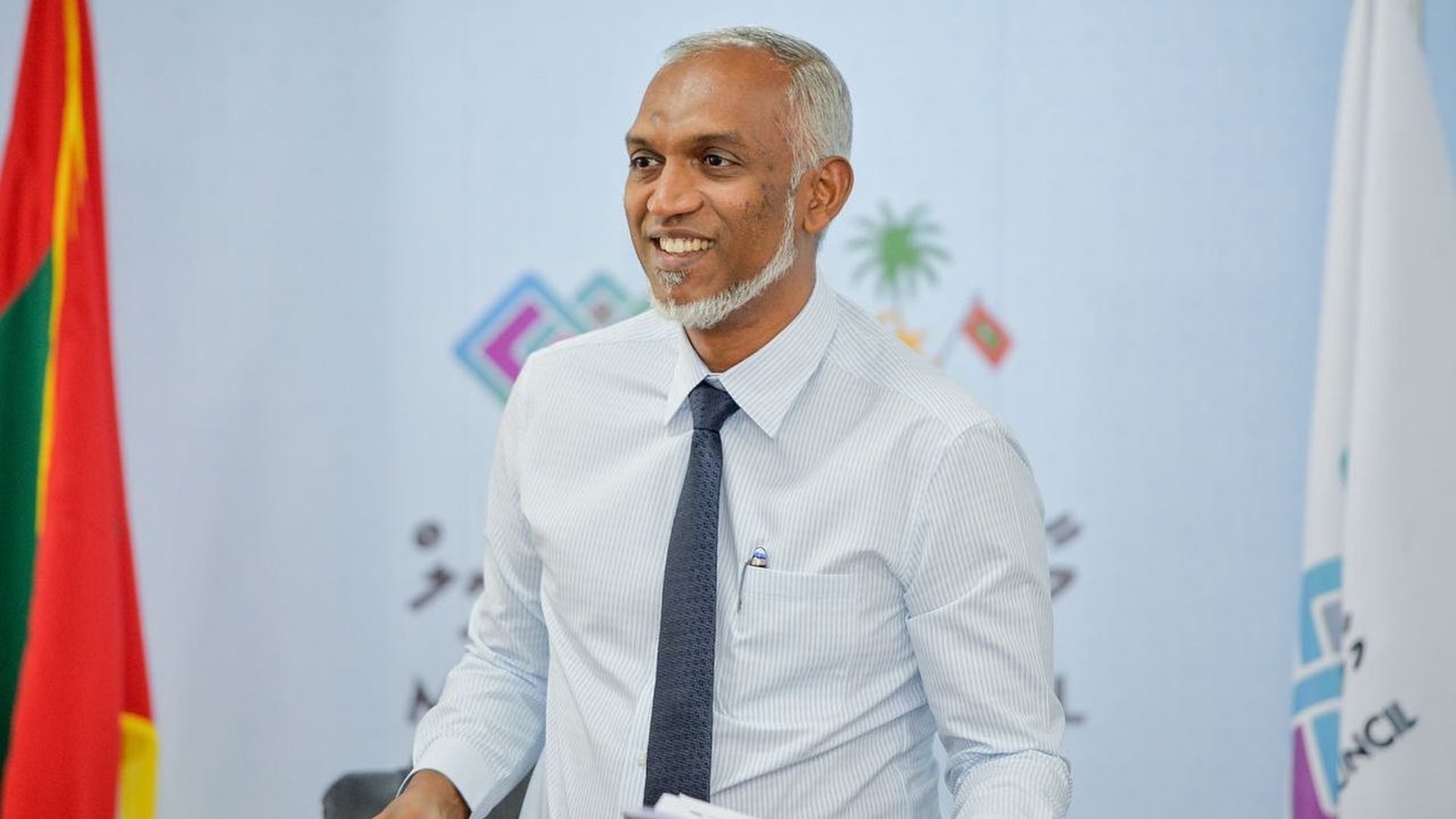
Amidst the changing political landscape, Muizzu appealed for calm and restraint, urging supporters to hold off celebrations until the official end of the campaign restrictions.
As the country awaits the president-elect’s swearing-in on November 17, eyes will be on how the Maldives navigates its diplomatic path in a region rife with strategic interests and competition.
The election also witnessed a high voter turnout of 85%, a slight increase from the previous round.
However, some instances of electoral misconduct, including breaking a ballot box and unauthorized photographing of ballot papers, were reported. Police made several arrests for these incidents.
